Online connections increasingly blur the lines between personal space and public life. A casual post, even without dangerous information, can pose a security risk if not carefully crafted.
Recently, singer Dam Vinh Hung posted on his personal page about becoming a premium member, receiving the airline's "million mile" card. The card is issued for life, offering many exclusive benefits for members who accumulate 1 million miles on the airline's flights.
Notably, the male artist took and posted a photo of the front of the card, including the logo, card class, name and customer code. In the post, he also confirmed that he was the cardholder, described his frequent flying habits and airport privileges.
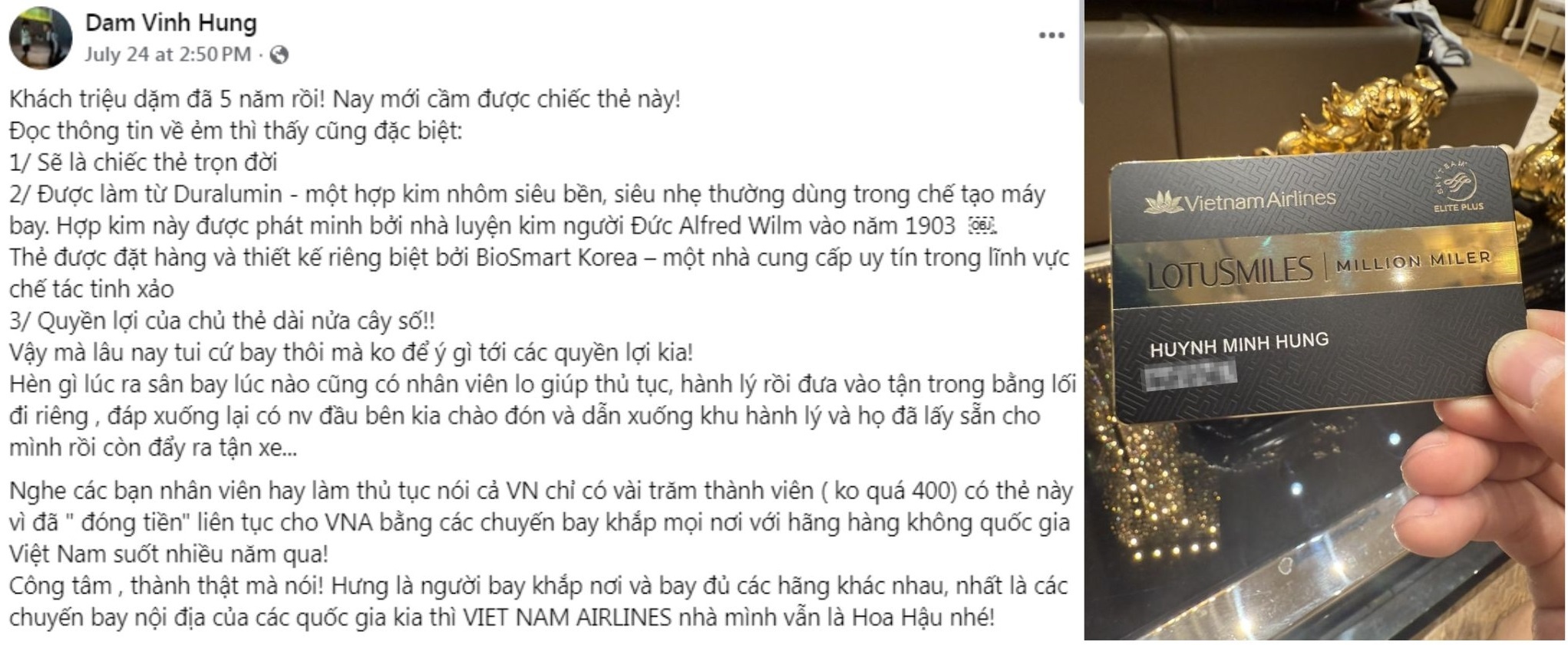 |
The male singer's post on social media. Photo: Facebook/Dam Vinh Hung. |
When you share too much personal information, such as your location, daily schedule, and relationships, you can be exploited by bad guys. According to Forbes , they can break into your home if they know no one is there, bypass security questions, or simply target you with ads.
The consequences can be immediate or long-term, for users and their loved ones. Information can be captured, stored, and disseminated for the wrong purposes. While the risks are not too serious, users should still consider how much personal information they share.
According to Mr. Nguyen Khuong Hai, a cyber security expert from the Southern Information Security Association, attackers often target familiar personal information. This includes full name, date of birth, identification number, credit card and debit card information, email address, mobile phone number, home address, etc.
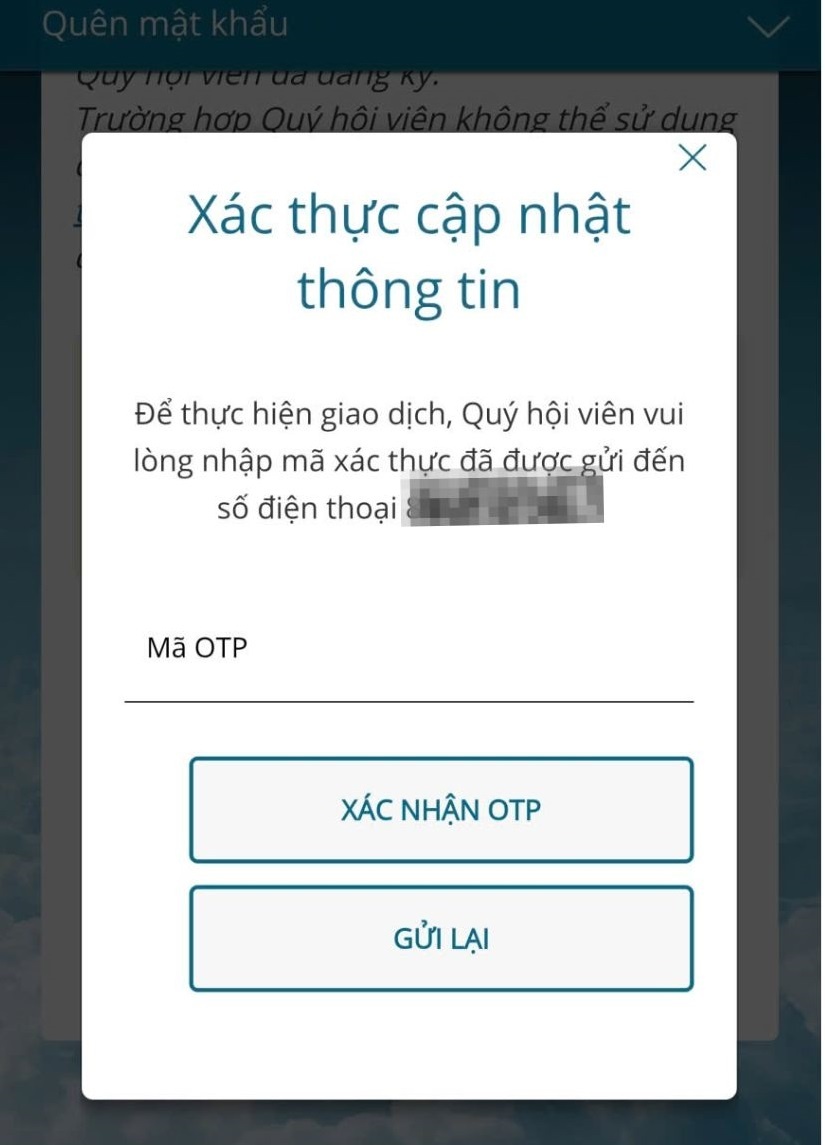 |
The phone number registered for the membership code is displayed in the Vietnam Airlines application. |
Based on the above membership code, Tri Thuc - Znews was able to access the Vietnam Airlines application and detect the phone number used to register, which could be the number that Dam Vinh Hung used. In case the system is leaked, bad guys can detect flight information and flight history from that code.
In the post, the male singer also shared his tour schedule for the next few months. With basic information about the artist that can be found online, bad guys can completely impersonate Vietnam Airlines to send emails, messages or calls asking for account verification.
In May, a couple in Hong Kong posted their flight tickets on social media, including their full names, flight numbers, ticket codes, barcodes, and seat locations. Hackers or malicious individuals then used the data to intercept and change their flight information.
Meal options were switched to special diet or kosher options. The hacker also changed the couple’s seats, causing them to be separated from their two children during the flight. They thought it was the airline’s fault and complained on their personal pages, until they learned that their actions in sharing information were to blame.
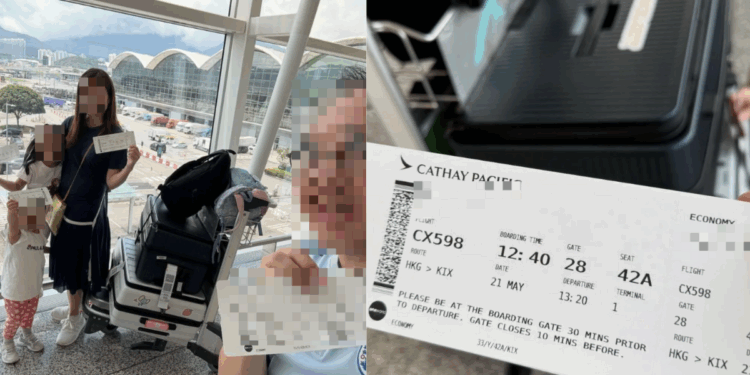 |
Hong Kong couple posts flight tickets. Photo: Wakeup.sg. |
Vietnam is among the countries with high rates of large-scale cybercrime in the region. According to the Vietnam Information Security Warning Portal, in the first 9 months of 2024, there were more than 22,200 reports of online fraud, of which more than 80% were related to property appropriation through forms of bank and e-wallet impersonation.
“Every piece of information you share on social media is a piece of your identity puzzle. And when someone has enough pieces, they can become you,” said Eva Velasquez, director of the U.S. Identity Resource Center. Therefore, people need to be careful and think carefully before posting any content.
Source: https://znews.vn/dung-dang-anh-the-len-mang-nhu-dam-vinh-hung-post1572495.html



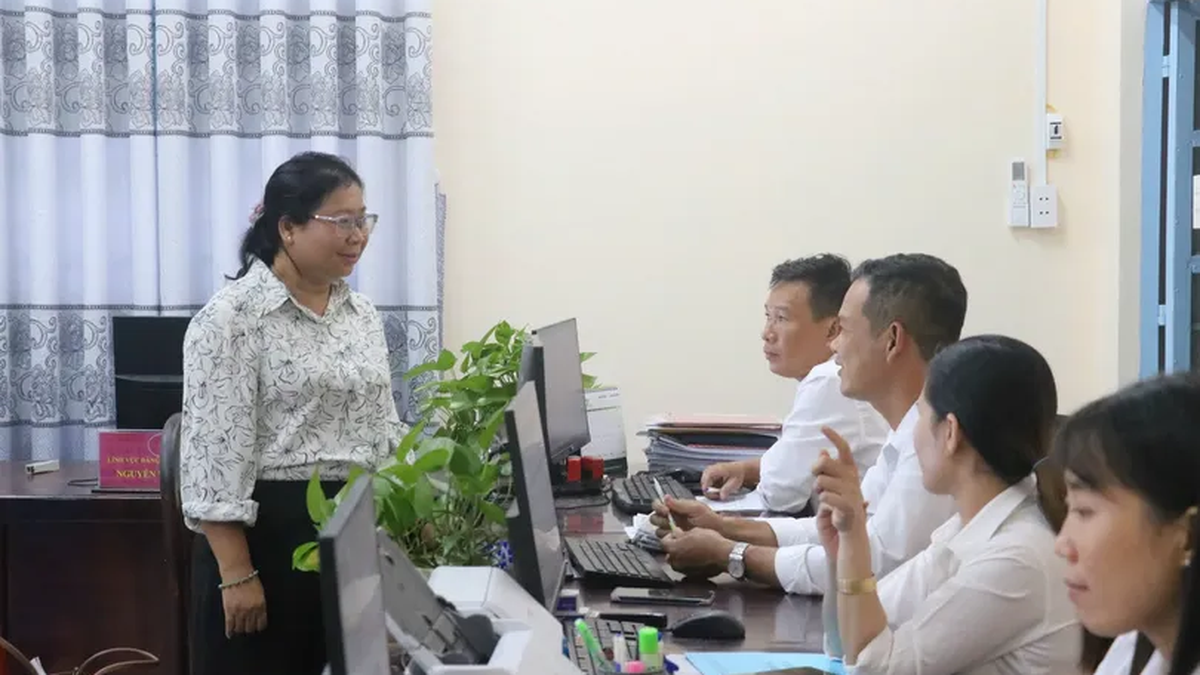




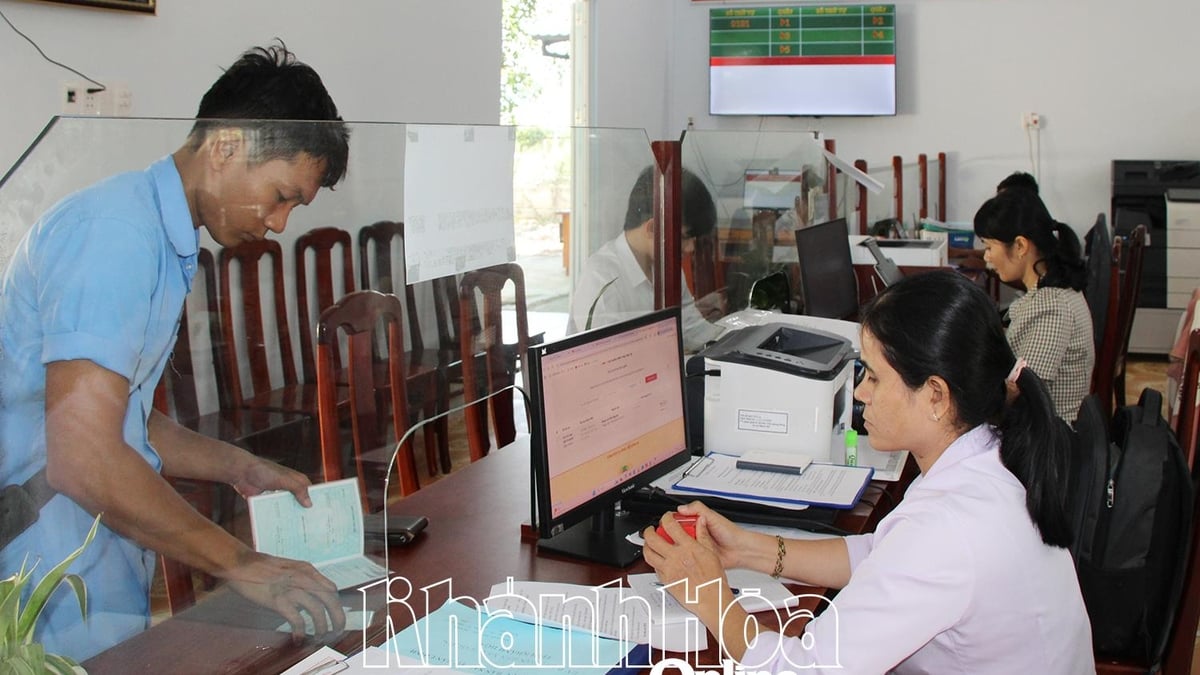

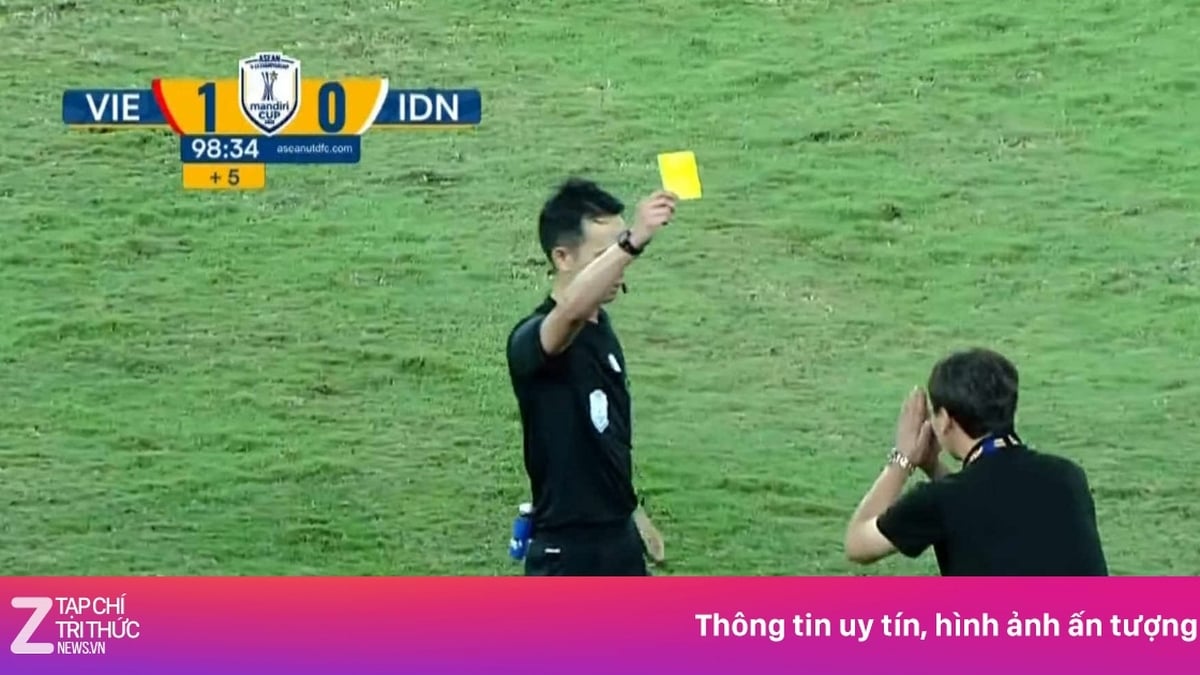


















![[Photo] National Assembly Chairman attends the seminar "Building and operating an international financial center and recommendations for Vietnam"](https://vphoto.vietnam.vn/thumb/1200x675/vietnam/resource/IMAGE/2025/7/28/76393436936e457db31ec84433289f72)






































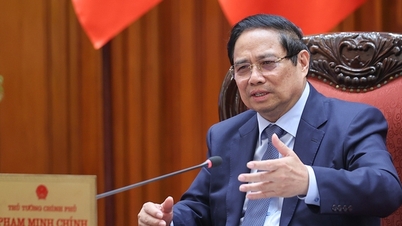






























Comment (0)